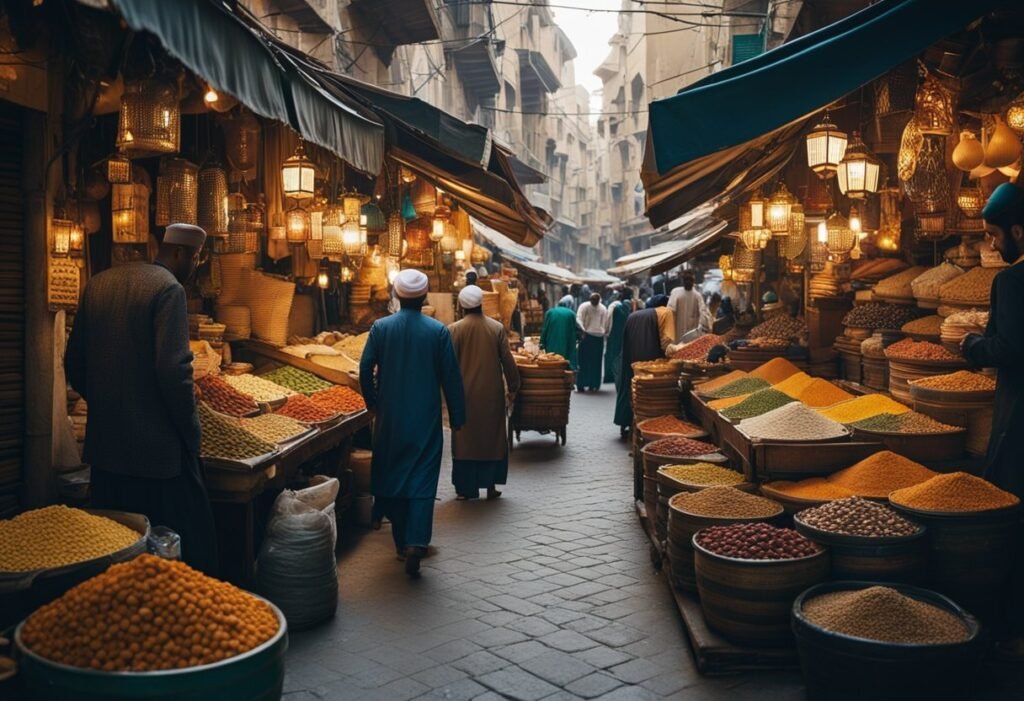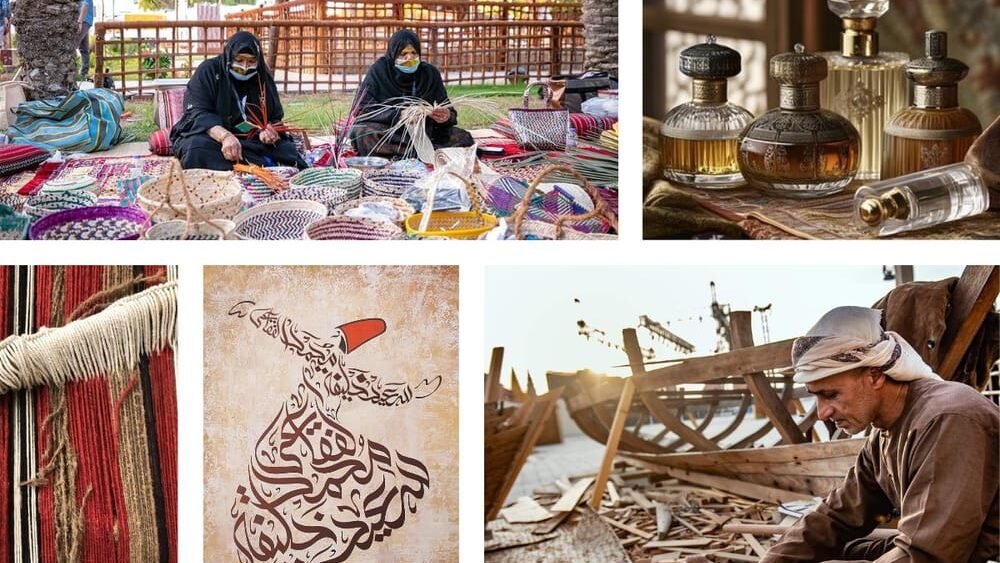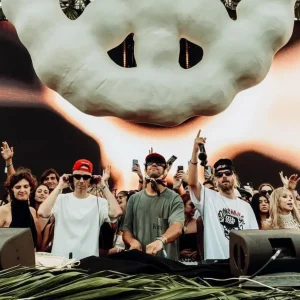Walk through any souk in the UAE and you’ll be surrounded by sights, sounds, and scents that awaken every sense. But behind the rich textiles, fragrant spices, glowing lanterns, and hand-carved trinkets are the people who make it all possible — the local artisans.
These skilled individuals are the heartbeat of traditional markets across the Emirates. From Dubai’s gold souk to Fujairah’s Friday market, the UAE’s souks are not just places to shop. They’re living museums of culture, creativity, and craft — thanks to the hands that keep heritage alive.
Traditional Crafts Passed Through Generations
Many artisans in the UAE learned their skills from their parents and grandparents. These crafts are more than jobs — they are family traditions. Some pottery makers in Ras Al Khaimah, for example, use techniques that go back hundreds of years. Using simple tools, they shape clay into beautiful bowls, vases, and incense burners — each with a story of its own.

In the mountains of Hatta, older generations teach younger family members how to weave palm fronds into baskets and mats, a skill known as “Safeefah.” This kind of hands-on education ensures that ancient crafts stay alive in a fast-changing world.
Handwoven Treasures and Fabrics with a Story
The textile section of any souk is a colorful celebration of history. You’ll find bolts of fabric in deep reds, soft silvers, and shimmering golds, many of them woven by hand. In Sharjah and Ajman, tailors and weavers still create traditional kanduras and abayas using local methods. They often work from small shops or home-based studios, pouring care into each stitch.

Many of these artisans say that creating fabric is like telling a story. The colors, patterns, and textures reflect their environment — desert dunes, ocean waves, or the patterns found in Islamic art.

The Art of Perfume and Incense Making
The scent of oud and bukhoor is a signature of UAE culture, and it takes great skill to create them. Local perfumers blend ingredients such as agarwood, rose, and frankincense with knowledge passed through generations. These perfumes are not mass-produced; they are handcrafted with personal attention to detail.
In markets like the Deira Perfume Souk, you can watch artisans at work. They mix oils, age the blends in special bottles, and even customize scents based on your personality. It’s an experience you won’t find in a regular store.
Goldsmiths and Jewelry Makers with a Legacy
Jewelry holds deep cultural value in the UAE, and local goldsmiths take their work seriously. In Dubai’s Gold Souk, some shops have been run by the same families for decades. They create intricate pieces inspired by traditional Emirati designs — often with pearls, gold filigree, and geometric patterns.
These craftsmen use a mix of old and new techniques. While machines may shape some parts, much of the detailing is still done by hand. The result? Timeless pieces that carry personal and cultural meaning.
Basket Weaving and the Palm Tree Legacy
Palm trees are more than a symbol of the desert — they’re a source of life. In earlier times, nearly every part of the palm tree was used for something, and this tradition lives on in UAE souks today.
Artisans weave dried palm leaves into baskets, trays, fans, and even furniture. You’ll find these handmade items in markets across Al Ain and Fujairah. They are not only eco-friendly but also deeply tied to Emirati heritage. Every woven item represents patience, precision, and respect for nature.
Ceramics, Pottery, and Desert Clay Wonders
Ceramics are a quiet yet powerful part of the souk culture. In places like Kalba and Dibba, you’ll find earthy pots, water jugs, and traditional coffee cups made from local clay. Potters often sit on low stools, spinning the wheel with one foot while shaping with both hands — a craft that requires years of practice.
Some of these designs include ancient patterns carved into the surface, while others are painted with natural dyes. Every piece is different, and each tells its own tale of the desert.
The Faces Behind the Work

While shopping at a souk, it’s easy to admire the items on sale. But the real beauty lies in the stories of the people who made them. Many artisans are eager to share their journey if you take the time to ask. You’ll find elderly craftsmen who’ve been working since childhood, as well as younger makers proudly learning the old ways.
In Abu Dhabi and Sharjah, cultural events often invite these artisans to demonstrate their skills live. Watching them at work is not just educational — it’s inspiring. It shows that tradition doesn’t have to be lost in a modern world.
How the UAE Supports Its Artisans
The UAE has taken steps to protect and promote traditional crafts. Through local heritage festivals, artisan markets, and cultural programs, the government and private organizations encourage younger generations to keep these traditions alive. Initiatives like the “National Crafts Strategy” help preserve fading skills while providing local artisans with better business opportunities.
Souks have also adapted to modern times. Some vendors now accept online orders or showcase their work on social media, giving these local talents access to a wider audience without losing the personal touch.
Why Supporting Local Artisans Matters
Buying from local artisans is more than just a shopping choice — it’s a way to connect with the culture of the UAE. Every handmade item represents hours of skill, a love for the craft, and pride in tradition. These makers don’t just sell products; they share a piece of their history with you.
When you buy a handwoven rug, a jar of homemade spice mix, or a palm basket, you’re not only taking home a beautiful item. You’re helping to keep a craft alive, supporting a family, and preserving a part of Emirati identity.
Final Thoughts
UAE souks are full of color, flavor, and charm, but the real magic lies in the hands of the artisans behind the scenes. Their stories are woven into every thread, shaped into every pot, and poured into every bottle of perfume. By celebrating and supporting them, we honor the past while shaping a richer, more connected future.
Next time you stroll through a souk, take a moment to look beyond the items on display — and appreciate the hands that made them.
Also read: These Bold Women Authors Are Shaping UAE’s Literary Future












